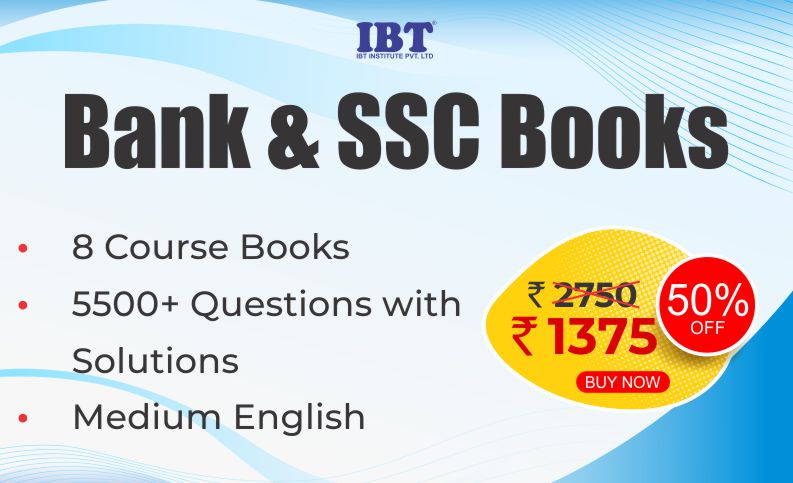Vocabulary - Exceptional English Words With Meanings : 06 November 2020

Exceptional words of English vocabulary from the newspaper ‘The Hindu’ are listed here. Go through these words and read the usages to learn how to use them in sentences. After this, take the quiz based on the vocabulary to check how much you learnt. This will really help you boost up your learning.
Happy learning!!!
1. SERFDOM (noun) – दासत्व
Pronunciation: suhf·dm
Meaning: the state of being a serf or feudal laborer
Synonyms: slavery, feudalism, servitude, captivity, drudge, drudgery, enslavement
Antonyms: freedom, independence
Usage: It is better to abolish serfdom from above than to await the day when it will begin to abolish itself from below.
2. REVITALIZE (verb) – पुनर्जीवित
Pronunciation: ree·vai·tlaiz
Meaning: to put new life or energy back in something
Synonyms: reinvigorate, brace, fortify, strengthen, bolster, renew, regenerate
Antonym: depress, destroy, break
Usage: In an effort to revitalize the dying plant, we put it in a well lit spot and provided it with plenty of water.
3. UNDENIABLE (adjective) – अखंडनीय
Pronunciation: uhn·duh·nai·uh·bl
Meaning: unable to be denied or disputed
Synonyms: certain, evident, obvious, indisputable, indubitable, unquestionable, clear
Antonym: disputable, refutable, questionable
Usage: The young artist has an undeniable talent for acting that is recognized by everyone at his school.
4. MUSTER (verb) – एकत्र करना
Pronunciation: muh·stuh
Meaning: to gather collectively
Synonyms: assemble, marshal, mobilize, rally, raise, summon, gather
Antonyms: disperse, division, separation
Usage: At the sound of the trumpet, the troops muster in standard formation.
5. EXPLICABLE (adjective) – स्पष्ट
Pronunciation: uhk·spli·kuh·bl
Meaning: able to be accounted for or understood
Synonyms: definable, understandable, comprehensible, accountable, intelligible
Antonyms: inexplicable, incomprehensible
Usage: The only explicable solution to the water shortage problem was to simply conserve as much water as possible.
6. DISSENTIENT (adjective) – विमत, असहमत
Pronunciation: duh·sen·shnt
Meaning: opposing the majority
Synonyms: dissenting, opposing, rebelling, dissident, disagreeing, contradicting, contrary
Antonyms: agreeing, favorable
Usage: Though several dissentient home owners opposed the building of the mall, most of the people welcomed it.
7. FEEBLE (adjective) – कमज़ोर
Pronunciation: fee·bl
Meaning: lacking strength
Synonyms: weak, frail, delicate, infirm, ineffective, incompetent, inefficient
Antonyms: firm, efficient, strong
Usage: The injured man was so feeble he could not get off the floor.
8. TEDIOUS (adjective) – थकाऊ
Pronunciation: tee·dee·uhs
Meaning: tiresome or monotonous
Synonyms: boring, exhausting, monotonous, dull, dreary, laborious, tiresome
Antonyms: exciting, eventful, exciting
Usage: The job is tedious, but the pay is good.
9. TRANSMUTE (verb) – परिवरतित करना
Pronunciation: tranz·myoot
Meaning: change in form, nature, or substance
Synonyms: change, alter, adapt, modify, transform, transfigure, convert
Antonyms: preserve, keep, stagnate
Usage: After years of therapy, the woman was able to transmute her negative thoughts into positive ones.
10. MALODOROUS (adjective) – दुर्गन्धपूर्ण
Pronunciation: muh·low·duh·ruhs
Meaning: smelling very unpleasant
Synonyms: fetid, smelly, stinking, reeking, pungent, acrid, noxious
Antonyms: aromatic, fragrant, perfumed
Usage: The malodorous aroma coming from the kitchen told me my wife had burned dinner.
Now choose any 2 or 3 words, try to use them in your own sentences and share your sentences in the comment section. This will help you to retain the learnt words for a longer duration.
4 likes |
0 comment
 4.5/5
4.5/5








